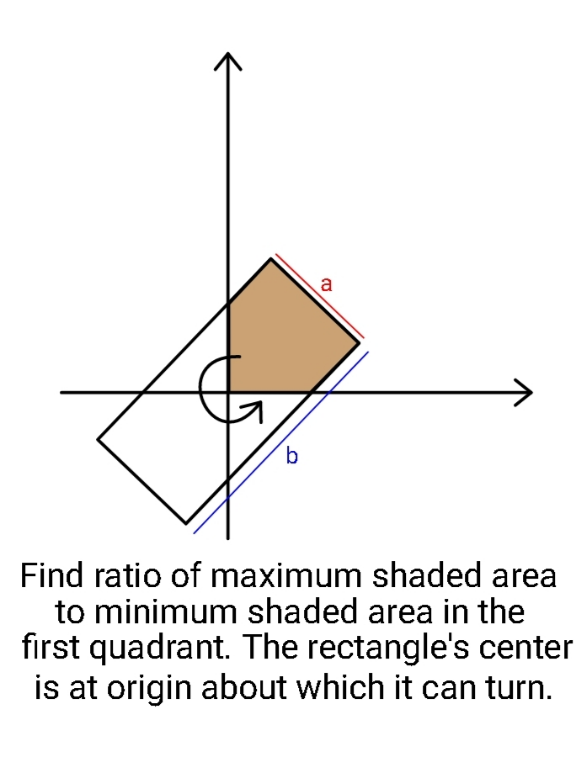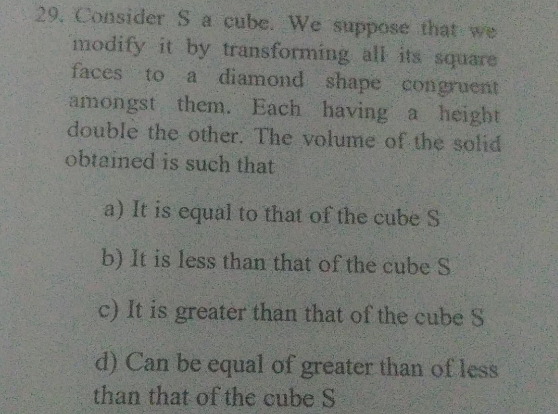
AllQuestion and Answers: Page 667
Question Number 153039 Answers: 1 Comments: 0
Question Number 153038 Answers: 1 Comments: 0

Question Number 153033 Answers: 2 Comments: 0
$${y}=\mathrm{log}\:\left(\mathrm{1}+\mathrm{cos}\:{x}\right) \\ $$$$\frac{{dy}}{{dx}}= \\ $$
Question Number 153030 Answers: 0 Comments: 0

Question Number 153108 Answers: 1 Comments: 0
Question Number 153109 Answers: 0 Comments: 1
Question Number 153019 Answers: 0 Comments: 0
Question Number 153016 Answers: 1 Comments: 2
Question Number 153012 Answers: 0 Comments: 1
Question Number 153009 Answers: 3 Comments: 2
Question Number 153006 Answers: 1 Comments: 8
$${prove}\:{that}\: \\ $$$$\mathrm{4}!!=\mathrm{8} \\ $$$${please}\:{help} \\ $$
Question Number 152993 Answers: 3 Comments: 1

Question Number 152985 Answers: 0 Comments: 2

Question Number 152976 Answers: 0 Comments: 0

Question Number 152974 Answers: 0 Comments: 6

Question Number 153093 Answers: 1 Comments: 1
Question Number 152971 Answers: 0 Comments: 0

Question Number 152960 Answers: 1 Comments: 0
Question Number 153392 Answers: 0 Comments: 1
$$\underset{{k}=\mathrm{1}} {\overset{{n}} {\sum}}{k}^{{a}} =?\:\:\: \\ $$
Question Number 152950 Answers: 0 Comments: 1
Question Number 152949 Answers: 1 Comments: 0

Question Number 152947 Answers: 1 Comments: 0
Question Number 152946 Answers: 0 Comments: 1
Question Number 152942 Answers: 2 Comments: 1

Question Number 152940 Answers: 1 Comments: 0
Question Number 152939 Answers: 1 Comments: 0
Pg 662 Pg 663 Pg 664 Pg 665 Pg 666 Pg 667 Pg 668 Pg 669 Pg 670 Pg 671
